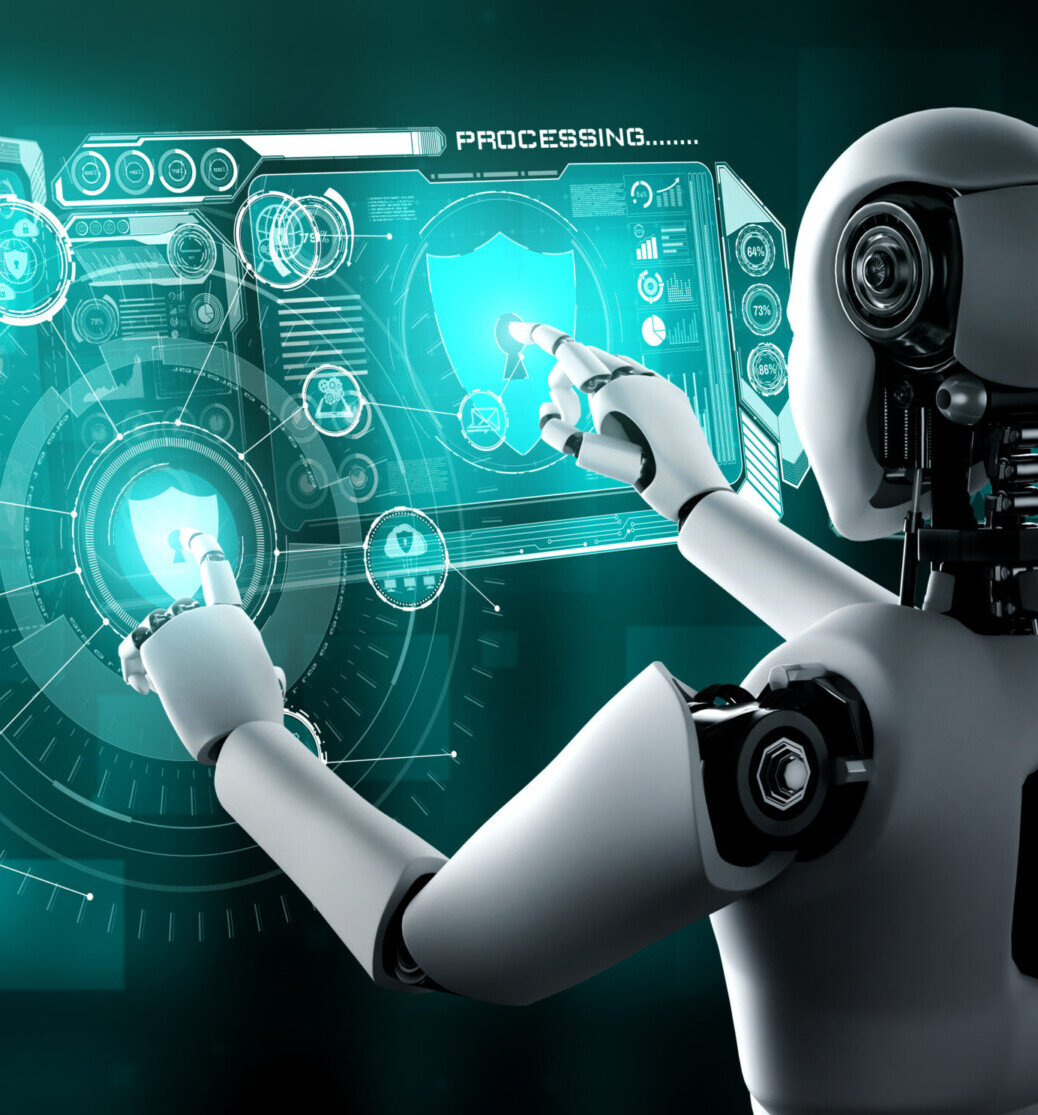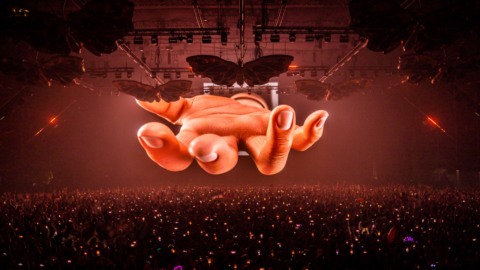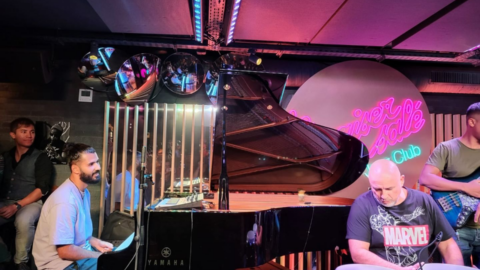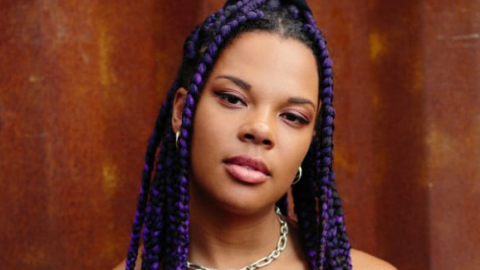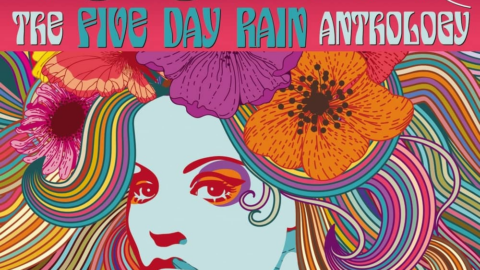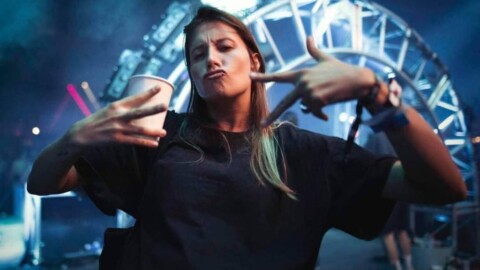The electronic music landscape is undergoing a transformative shift, as highlighted in the recently released IMS Business Report 2025. According to the report, an astounding 60 million people worldwide engaged with AI-powered music creation tools in 2024, marking a significant milestone in the intersection of technology and creativity. This surge in usage has blurred the lines between fans and creators, redefining the roles individuals play within the music ecosystem.
The Rise of Music AI
The rapid adoption of music AI tools reflects a growing trend among music enthusiasts who are not just passive listeners but are actively participating in the creation process. With platforms like OpenAI’s MuseNet, Amper Music, and AIVA, users can compose original tracks, generate lyrics, and even remix existing songs with ease. These tools have democratized music production, allowing anyone with a passion for music to become a creator, regardless of their technical skills or background.
The IMS report indicates that approximately 10% of consumers surveyed reported using generative AI to create music or lyrics in 2024. This statistic underscores a shift in how music is consumed and produced, as the traditional barriers to entry in music creation are dismantled. The report also emphasizes that the line between “I made this” and “an algorithm made this while I watched TikTok” is becoming increasingly fluid.
Impact on the Music Industry
The rise of AI in music creation presents both opportunities and challenges for the industry. On one hand, it enables artists to explore new creative avenues and reach broader audiences. Emerging artists can leverage AI tools to produce high-quality music without the need for extensive studio resources, allowing them to focus on their artistic vision.
However, this democratization of music production also raises questions about copyright, originality, and the value of human creativity. As AI-generated music becomes more prevalent, the industry must grapple with issues related to intellectual property rights and the impact on traditional music roles.
The Future of Fan Engagement
The IMS report highlights that the relationship between artists and their fans is evolving. Fans are no longer just consumers of music; they are becoming collaborators and co-creators. This shift is evident in the rise of interactive music experiences, where fans can influence the direction of a song or participate in live remix sessions.
Events and festivals are also adapting to this new reality, with many offering workshops and sessions that incorporate AI tools, allowing attendees to engage with music creation firsthand. This interactivity fosters a deeper connection between artists and their audiences, transforming the concert experience into a collaborative endeavor.
Conclusion: A New Era for Music Creation
The insights from the IMS Business Report 2025 signal the dawn of a new era in the music industry, where technology and creativity intertwine more than ever before. As 60 million users embrace AI-powered music creation tools, the traditional definitions of artists and fans are shifting, leading to a more inclusive and collaborative musical landscape.
As the industry navigates these changes, it will be crucial for both artists and fans to adapt and embrace the possibilities that AI presents. The future of music creation is not just about technology; it’s about community, collaboration, and the shared passion for music that unites us all.
Tags: ai ibiza IMS Ibiza IMS Ibiza 2025

